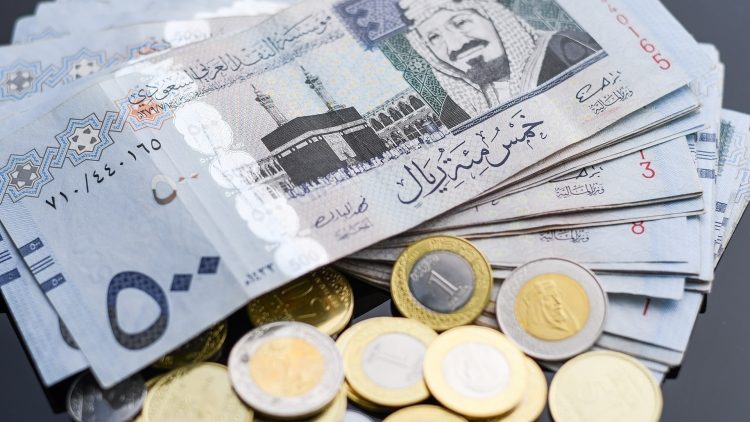In the heart of the Middle East, Saudi Arabia, a nation synonymous with petroleum, is steadfastly untethering its economic lifeline from the singular anchor of oil exports. Since the inception of the “Vision 2030” plan in 2016, the kingdom has been committed to shedding its dependence on oil, forging an economy that is richer, more diverse, and sustainable.
In line with this vision, Saudi Arabia has been vigorously expanding its investment portfolio across a spectrum of sectors including gaming, finance, tourism, real estate, technology, and automotive. The “National Industrial Development and Logistics Program” (NIDLP) has highlighted a historic milestone in 2023, with non-oil industries constituting 50% of the kingdom’s Gross Domestic Product (GDP) for the first time.
Accelerating Multi-Industry Investment Development
The kingdom has accelerated its global gaming industry investments in recent years. The inaugural “eSports World Cup,” held recently, boasted a prize pool exceeding $60 million. Furthermore, the Saudi Public Investment Fund (PIF) is set to transfer its global gaming stocks to its gaming industry subsidiary, Savvy Gaming Group, as early as next year. A spokesperson for Savvy indicated that this equity transfer signifies a significant shift for the fund, from seeking investment returns to actively seeking commercial partnerships.
Investments in the clean energy sector are also expected to flourish in Saudi Arabia. The International Energy Agency (IEA) projects that by the end of 2024, energy investments in the Middle East will reach approximately $175 billion, with clean energy accounting for about 15% of the total. By 2030, the IEA anticipates that clean energy investments in the region could triple those of 2024. For every dollar invested in fossil fuels, seventy cents are projected to be allocated to clean energy.
A Goldman Sachs report indicates that the Saudi government plans to invest up to $1 trillion in six key sectors by 2030 to diminish its reliance on the oil industry. The clean energy sector is expected to be one of the largest beneficiaries of this investment plan, potentially receiving $235 billion. The Saudi government has raised its 2030 solar energy capacity target from 58.7 gigawatts to between 100 and 130 gigawatts, propelling rapid development in renewable energy.

Vigorously Attracting Foreign Investment
Attracting foreign capital remains a pivotal goal for the Saudi government. Reports by international credit rating agency S&P Global Ratings suggest that the establishment of multiple free economic zones and regional headquarters plans could accelerate the inflow of foreign direct investment (FDI) in the coming years. The PIF, as the vanguard of economic diversification, is expected to continue receiving multifaceted support from the Saudi government, including funding for essential infrastructure for mega-projects.
To further facilitate investment, the Saudi Ministry of Investment announced updates to the “Investment Law” in August, aimed at strengthening equal treatment for domestic and foreign investors and bolstering investor confidence in Saudi Arabia. This is meant to enhance the kingdom’s economic diversification and competitiveness as a global investment hub, furthering the realization of the “Vision 2030” objectives.
The newly revised “Investment Law,” set to replace the “Foreign Investment Law” of 2000, will come into effect 180 days after publication (February 7, 2025). The Ministry of Investment asserts that the updated law will strengthen investor rights through measures ensuring rule of law, fair treatment, property rights, intellectual property protection, and the free and timely transfer of funds. Moreover, the foreign investor license system will be abolished in favor of a more streamlined registration process, with dedicated service centers established to expedite investment procedures.
According to analysis by Standard Chartered Bank, Saudi Arabia is poised to achieve its goal of attracting $24 billion in FDI by 2024 through recent reforms and the updated “Investment Law.” Assistant Minister of Investment Ibrahim Mubarak stated earlier in August that, with the steady progression of the nation’s economic diversification, Saudi Arabia is actively seeking to attract more FDI from Europe and Asia.

































